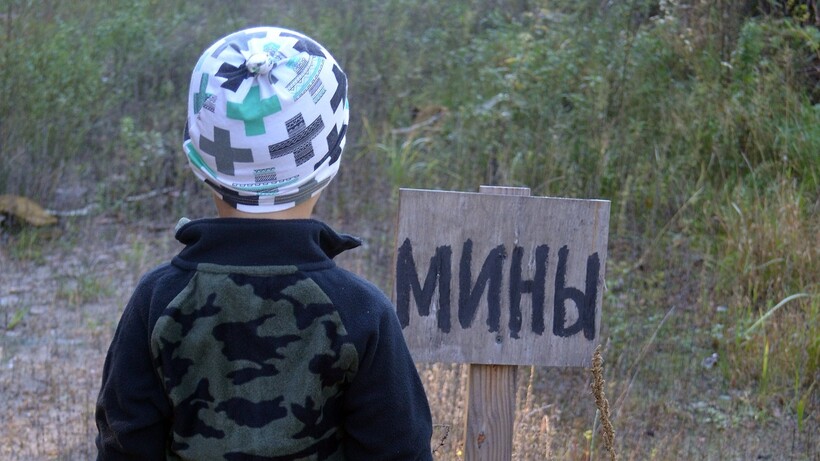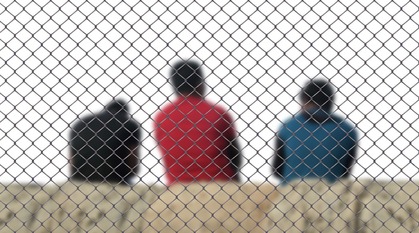The long-term cost of war: how sending landmines to Ukraine undermines the fight for a mine-free future
Oliver Robertson highlights the ongoing cost of landmines.

After I spoke on the radio back in 2023 about peace and pacifism in the context of the war in Ukraine, I had a Quaker get in touch with me. One problem with war, he said, was its corrupting nature "even on those whose cause, like the Ukrainians, is just". Over time, groups and countries can start to use tactics that they earlier condemned, such as the use of landmines.
Anti-personnel mines are horrific weapons of war. Placed on or just under the ground, they explode when pressure is put on them (like someone stepping on them). Either the explosion itself, or the fragments of the exploding mine, can kill or injure people. They are considered indiscriminate because there's no way of distinguishing between a soldier or a civilian when they blow, and they create an ongoing problem once the fighting is over. Countries from Afghanistan to Zimbabwe, Serbia to Colombia, have a legacy of landmines from war. Over a third of landmine victims in 2023 were children.
In the 1990s, things changed. Quakers at the United Nations were part of the campaign to have landmines banned, with an early discussion on what became the Mine Ban Treaty held in Quaker House in Geneva. This treaty prohibits the countries signing it from acquiring, stockpiling or using anti-personnel mines, and Ukraine signed the Mine Ban Treaty in 1999. Russia has never been a signatory and has used mines extensively since its full-scale invasion of Ukraine began in 2022. The cost of clearing the existing mines across Ukraine is estimated at an eye-watering $34.6bn.
So the announcement that the US government is sending landmines for use by the Ukrainians is a bitter blow for those working for these weapons to disappear in practice as well as law. The mines the USA is sending are 'non-persistent', requiring a battery to work and designed to become defunct once the in-built battery runs down (in 14 days or less). That sounds less awful than mines that stay primed forever, but then I think: no technology is 100% reliable. And then I think: if it works, someone will lose their leg or their life.
As Quakers, who view all people as children of God, as people worthy of life and the ability to do good in the future regardless of what they've done in the past, accepting the use of these weapons is tantamount to giving up on people. Military actions and the use of violence is so often short-term, looking at the problem in front of us, and forgetting that one day we will have to live alongside those we fight today. Ukraine and Russia will remain neighbours, however this war ends. There is always an afterwards, and that afterwards should be one without the devastating legacy of landmines.


